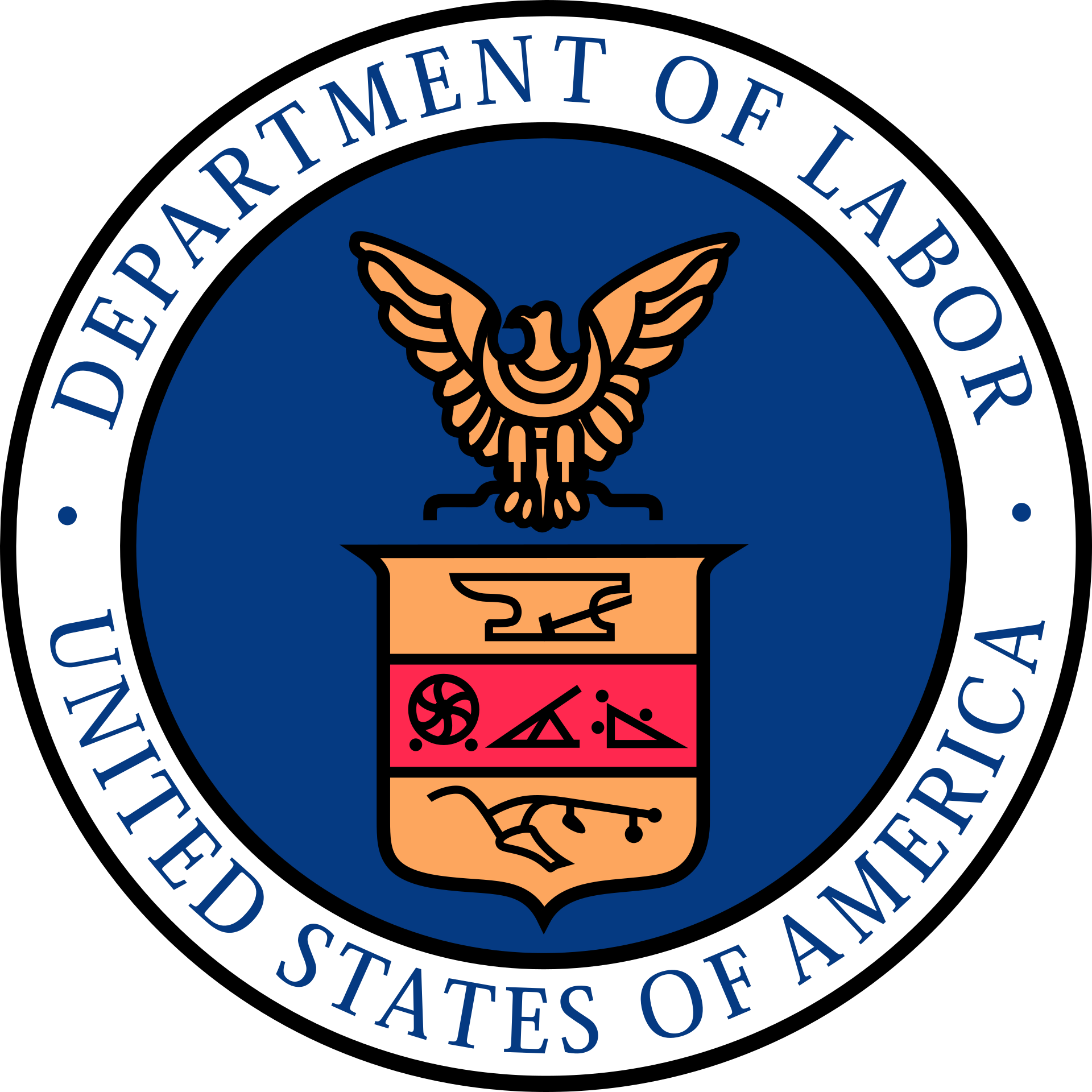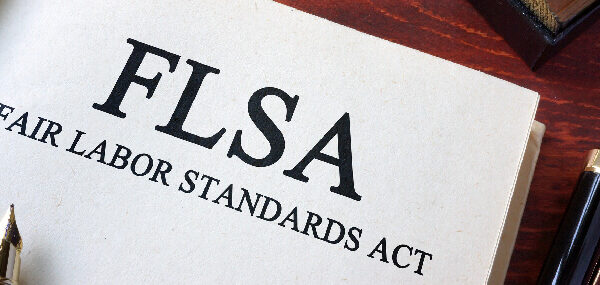Most employers are familiar with the Department of Labor’s overtime pay requirements.
Non-exempt employees covered by the Fair Labor Standards Act (FLSA) are afforded special protections, including the payment of one and one-half time the employee’s normal pay rate for the hours worked over 40 hours per week.
Under a new rule issued by the Department, more employees may be entitled to overtime pay.
Determining whether an employee qualifies for overtime pay depends on an employee’s duties and the employee’s rate of pay.
For example, FLSA overtime pay coverage does not extend to certain salaried employees.
Specifically, it does not extend to salaried employees classified as executives, administrators or professionals that satisfy the standard salary threshold.
If paid more than this threshold, these employees are considered “exempt” from overtime pay.
On September 24, 2019, the Department issued a rule raising the standard salary threshold necessary to exempt executives, administrators, or professionals.
The threshold is $35,308 annually ($679/week), from $23,660 per year ($455/week).
The rule, which was proposed in March, 2019, is effective January 1, 2020.
The rule also allows employers to use certain non-discretionary bonuses and incentive payments, paid at least annually, to satisfy up to 10% of the maximum rate.
For several years, pressure had been mounting on the Department of Labor to increase the maximum compensation amount.
Those involved in proposing and adopting the rule, as well as the public, did not always agree on how high the increase should be.
The new rule, for example, represents less than the $915 per week increased maximum which was unsuccessfully proposed during the Obama administration.
Even so, it is not an insignificant increase, to employers or employees.
What does this mean for employers?
Employers should expect that more employees may be entitled to overtime pay under the new rule.
Employers should use this last month of 2019 to prepare for the potential increase in overtime pay for 2020.
In addition to other year-end tasks, employers should set aside time to identify employees who, based on compensation, were previously exempt from overtime pay but who, as of January 1, 2020, will now qualify under the new rule.
This includes employees who will qualify for overtime pay as a result of regular pay increases.
Contact your FOS attorney with questions about the new rule and its impact on your company.

© 2026 Fox, O'Neill & Shannon, S.C..





